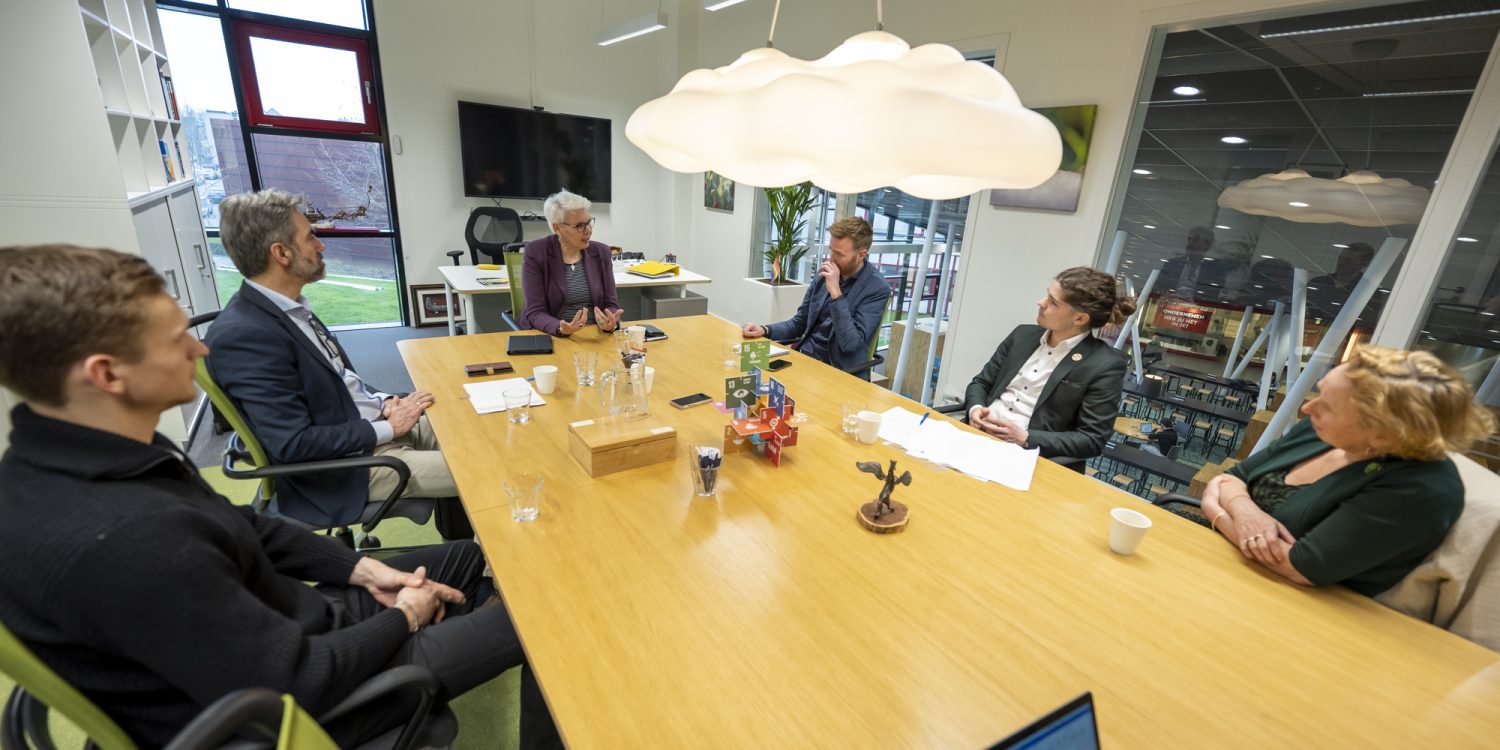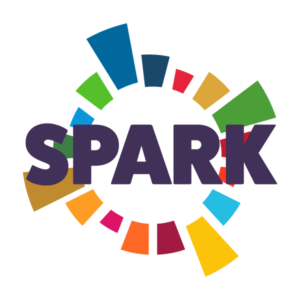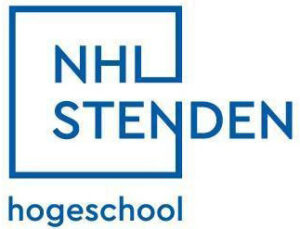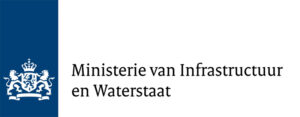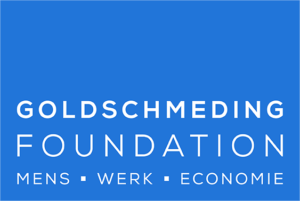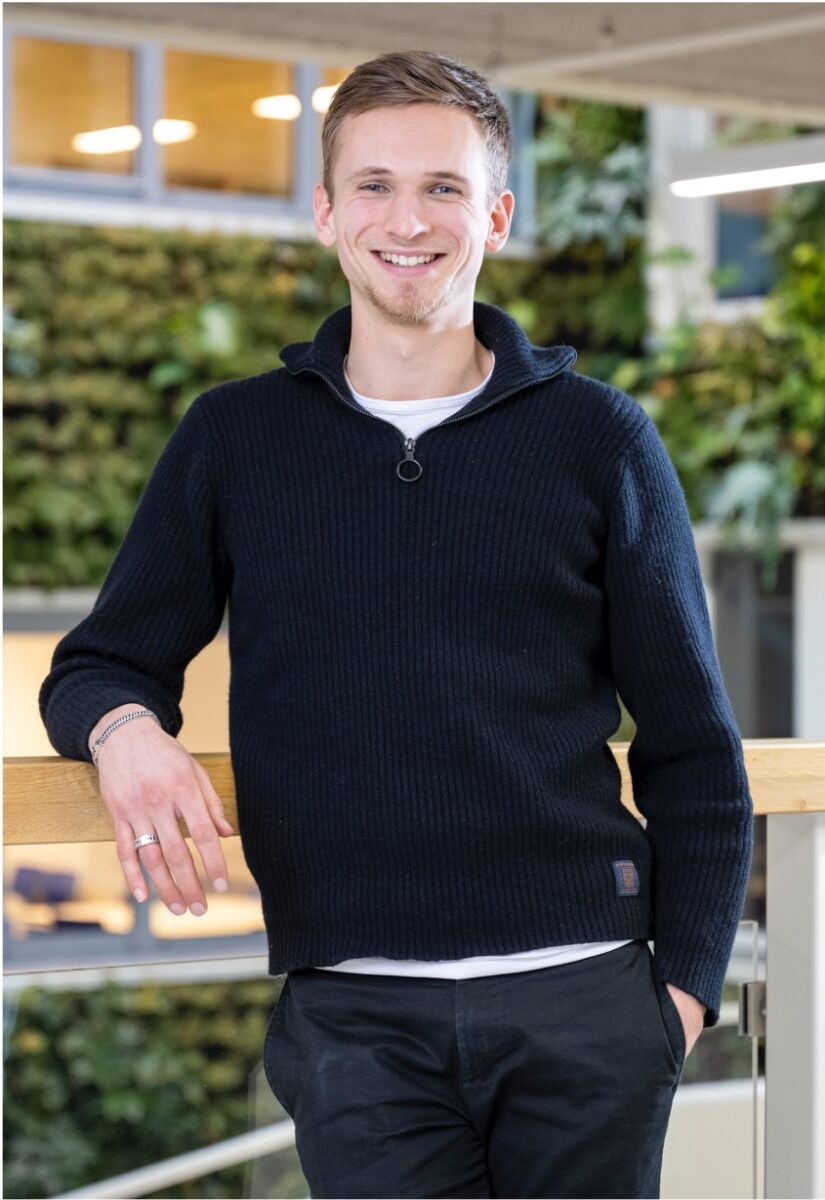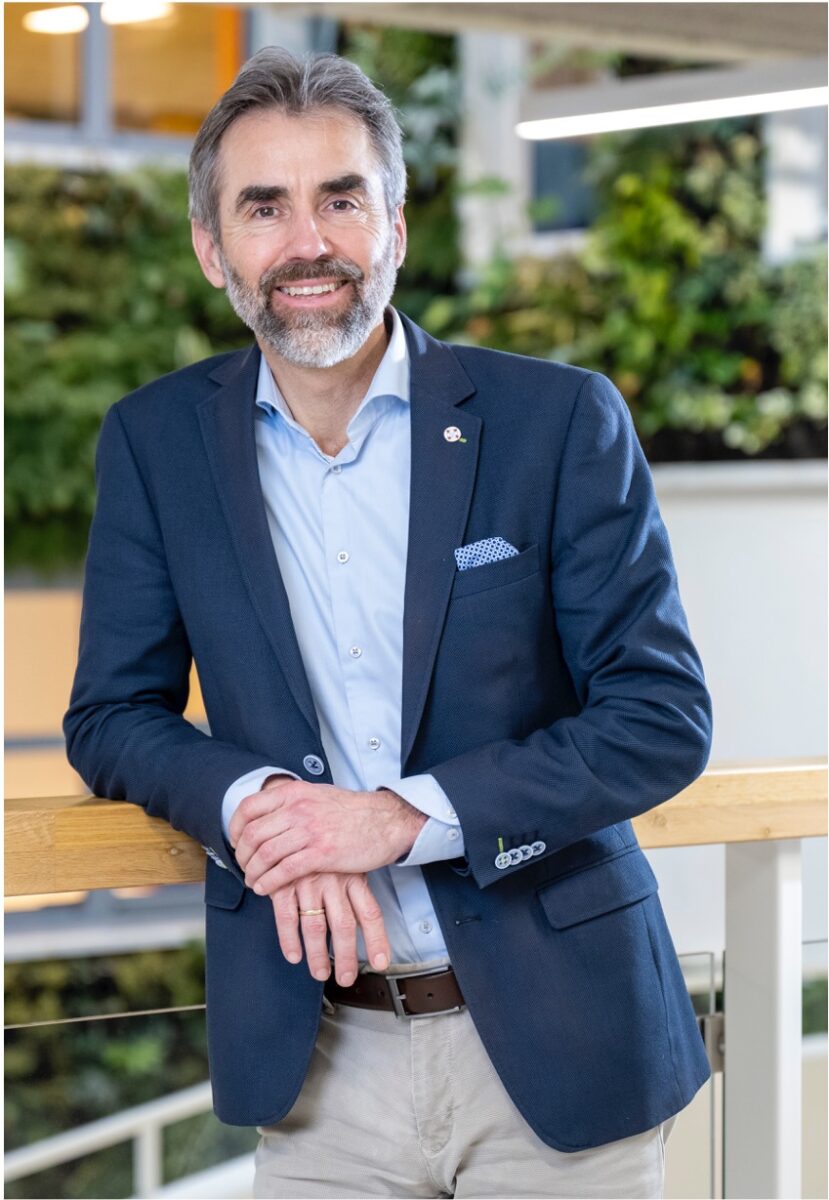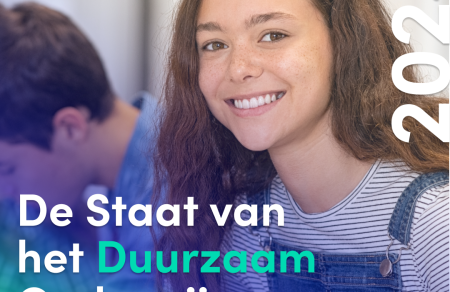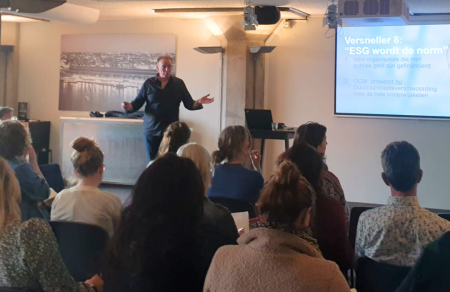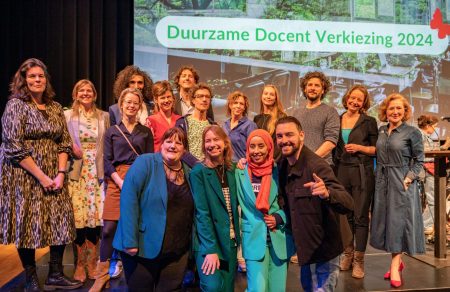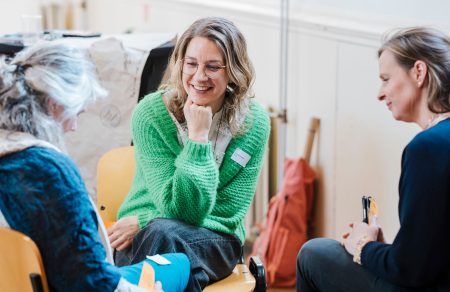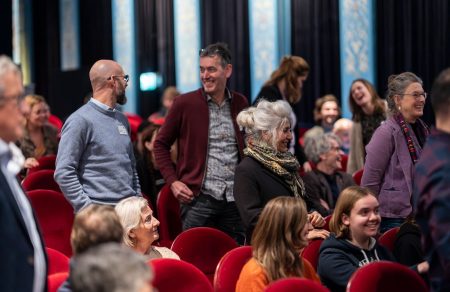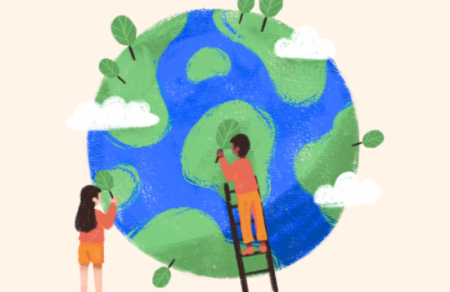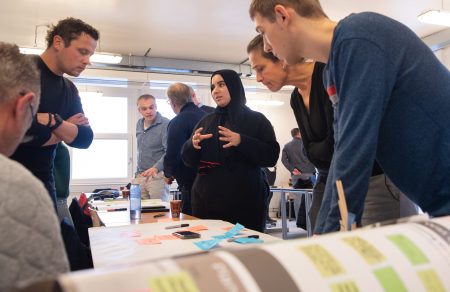This article is part of the Regioportret Friesland. With it we visualize how educational institutions, companies and governments in the region of Friesland are working together on 'circular skills': the skills needed in the circular economy of the future. Each article is written from a different transition perspective, all of which are needed for profound change. This article (3/3) offers the macro perspective: the course for broad prosperity.
Article 1/3 Article 2/3Broad prosperity is something you do together. How do Frisian policymakers view this? With that approach, Erica Schaper, Evert Jan van Nijen, Heleentje Swart, Sander Bos and Siem Johannes Hoekstra enter into conversation. It is an interesting gathering of interlocutors. Government, business and education - the triple helix - are at the table. And like the previous two talks, a young person joins the conversation, this time a student from Van Hall Larenstein. "In order to be the most circular region in Europe by 2025 and achieve the circular national goals by 2030, we have to work well together as a region."
The ambition of Association Circular Friesland is clear. "Education is crucial for the transition," continues Evert Jan van Nijen, director of the association. "Students of today will be running the country in 10-15 years. And in addition, students can help governments and business accelerate the transition today."
Sander Bos, strategic advisor for Circular Economy and European Affairs at Province of Fryslân, agrees on the added value of working with students. "What distinguishes us as humans from other creatures is that we can wonder and look to the future with the question of how to shape it. Some can do it better than others. As a government, we deal with all kinds of interests. Therefore, certainly even for us, it is sometimes difficult to wonder and ask 'where do we want to go with each other'. It's so important to work with students to keep that inspiration, wonder and energy."
Practical issues create awareness
Student Siem Johannes Hoekstra (Business Administration and Agribusiness at Van Hall Larenstein) has just completed the module Supply chain management completed. "With 3 other students, we looked at the rhizosphere value chain. How does it fit together? We mapped out what ecosystem services this plant provides for peatland areas, what challenges there are in the value chain, how they can be remedied and what other products you can make from cattail besides the well-known insulation material from cattail."
Erica Schaper, president of the Executive Board at NHL Stenden University of Applied Sciences, is curious what Siem Johannes learned from it. "It was very instructive to discover what such a circular chain can look like. Many companies still think linear. That's why a lot of the issues in our course are also linear. Nice to see that it can be done in a different way," he replied. "The circular piece had never caught my attention before. But I have become convinced that we are moving in that direction and that we can all do our part toward a circular economy."
"This is a great example of the importance of introducing young people to circularity," Erica responds. "Within NHL Stenden we work with design-based education. In doing so, we try to have students work with real issues as much as possible. In part circular issues, but also when it comes to broad welfare. We want to teach students that it is about more than just economic principles. Welfare also plays a role. That fits us like a glove, but also the region."
The circle of doing, telling and learning
Like NHL Stenden Hogeschool and Van Hall Larenstein, Province of Fryslân is also a member of Vereniging Circulair Friesland. The association came into being before there was any policy around circularity. "Eventually a policy did emerge based on three pillars. Pillar 1 is doing. Think about supporting entrepreneurs in the transition. Pillar 2 is about telling. It's important to tell our story so you get more people in the region on board. Pillar 3 is learning. These are not separate pillars, they need each other to be successful. How do we shape that together?" asks Sander. "From the government, we can give movements that arise a little push. Support them to pioneer. It is very important for us to cooperate with education and business in this way. It is a process in which we must continue to invest."
Erica agrees: "Circular learning keeps on going. Besides the wonder, the short lines we have here in Friesland - between government, educational institutions and business - are very important in this. We need to keep that going. That way we can not only teach knowledge, but also learn to develop further."
Where will the region be in 2050?
Evert Jan prefers to look at a dot on the horizon that is closer. "The next 5 years is a very important and interesting period. Then we have to further shape that cooperation in the region. You actually want that cooperation to be so optimal, that education no longer has that delay in the curriculum. But that as an educational institution you are always up to date. Or even stronger: leading the way when it comes to circular thinking." Sander couldn't agree more. "Let the points you are already collaborating on be the vehicles to continue working on. Make sure where there is already energy, get stronger."
Keep it regional
Heleentje is curious to know what Siem Johannes believes is needed from school to make the spark to students. "I still notice resistance from other students. We come from a linear world," indicates Siem Johannes. "Personally, my interest is in feeling that it is useful. Deforestation is an interesting topic, but it doesn't play here. Issues in education should therefore be more regional. You have an affinity with that, which makes the penny drop sooner."
Author: Yael Water
Photography: Bart Lindenhovius
Want to learn more about educating for an inclusive, sustainable future?
Sustainability Skills
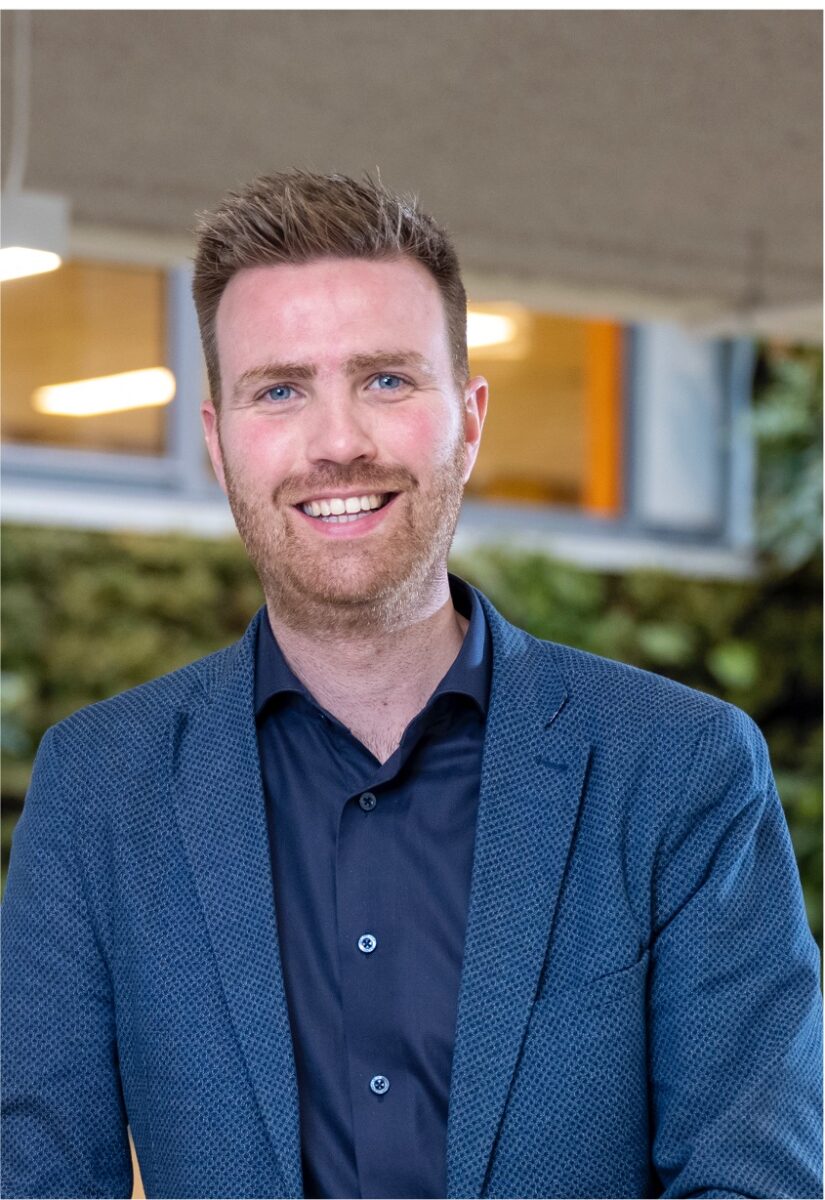
Sander is strategic advisor Circular Economy and European Affairs at Province of Fryslân. Because of different interests the government has to deal with, it is sometimes difficult to wonder and ask "where do we want to go with each other. He advocates working with students to keep inspiration, wonder and energy.
Siem Johannes Hoekstra
Siem is a student at Van Hall Larenstein. Here he studies Business Administration and Agribusiness. He sees new opportunities in collaboration between educational strata to come up with creative solutions at the local level.
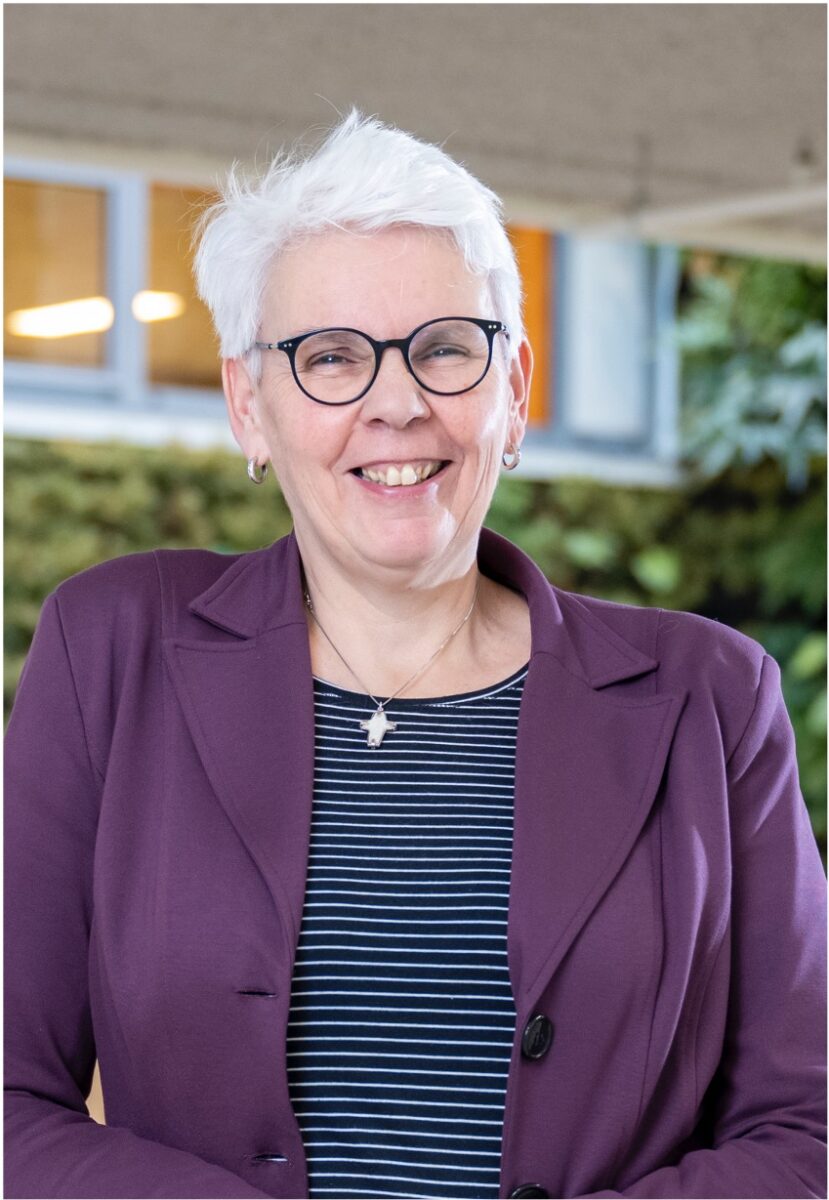
Erica is the president can the Executive Board of NHL Stenden University of Applied Sciences. Change processes inspire her. She gets people moving by creating new perspectives with them and enticing them to contribute to them.
Evert-Jan van Nijen
Evert-Jan is director of Association Circular Friesland. The ambition? To become Europe's most circular region by 2025 and to be an example for the next generation. In this, students, governments and business can help each other to accelerate the transition.
